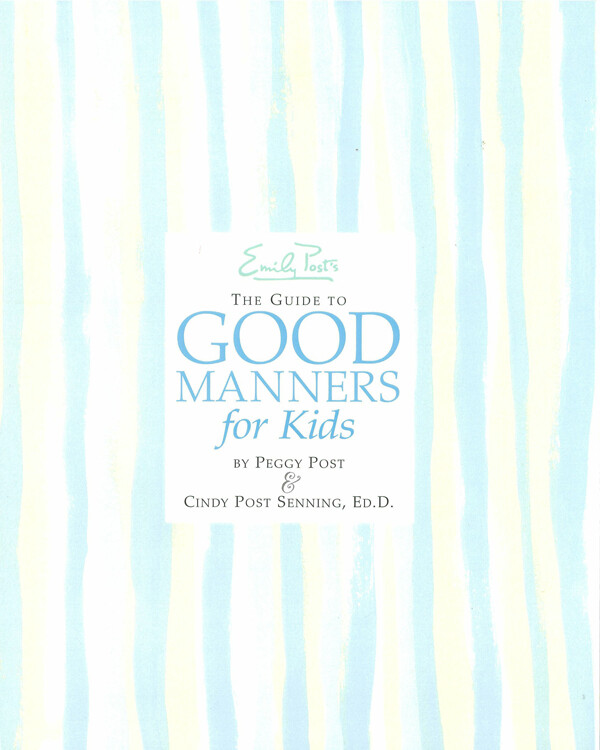
What to Do About Bullies

It can be frightening for kids to be the target of a bully. It happens so frequently and it’s important that we give kids specific things they can do when they experience bullying—either as the target or when they see it happening to others. I give kids the following advice when I talk to them about bullying:
How to Stop a Bully
In The Guide to Good Manners for Kids, page 61, I wrote, “Don’t take on the bully yourself. Instead, let your parents know what’s going on. Together with them, talk to your teacher or the principal. Describe exactly what is going on. They’ll help you know what to do if it happens again. Then your teacher and school administrators can deal with the bully. It is their responsibility to assure your safety at school and help you and your parents deal with the situation. But they can’t do it if you don’t let them know what’s going on.”
Here are some additional tips for dealing with bullies at school.
Don’t Give the Bully a Chance
If there is any way for you to avoid the bully altogether, this should be your first choice. Bullies want to get a rise out of you. If you don’t give them a chance to have that satisfaction, they will likely move on.
Stand Tall and Be Confident
Bullies want to see that their actions are putting you down. If you stand tall and proud, and act like what they’re saying means nothing to you, they won’t get the satisfaction they’re looking for.
Find a Friend, and Be a Friend
If you’re being bullied, try to find a friend that you can walk with, sit at lunch with, and hangout with. A bully is much less likely to pick on someone in a group of people. Also, consider being a friend to other kids who are being bullied.
More people than you may think get bullied and picked on at some point. If you stick together, you’ll indicate to the bully that you and your friends are stronger than the bully’s childish actions.
Try not to show your feelings
Bullies want to see that their detestable actions get a rise out of you. They are usually in emotional pain themselves, and want their victims to feel the same. When you act like you do not care what the bully thinks, it makes them feel invalidated. They will likely move on to another target, or just stop their behavior.
Talk to an adult
It is important to talk to an adult about what is happening. Find an adult you can trust, like a teacher or principal, and tell them what’s going on. The bully will likely stop out of fear that they will be punished in one form or another. This isn’t tattling over something small. Bullying is unacceptable, and the sooner the bully understands that, the better.
Walk away
Walking away, acting like you don’t care, and not responding with emotion all take the bully’s power away. The more you take their power away, the less likely they are to keep picking on you.
Verbal Comeback Lines
If you’re faced with a situation where you want to respond to the bully, choose one of the following phrases. Be sure to walk away confidently right after.
- “Does saying that make you feel better about yourself?”
- “Just an FYI, what you say or think could not mean less to me.”
- “You obviously hate yourself if you’re this obsessed with picking on others.”
- “Why are you talking to me?”
- “That’s pretty pathetic if that’s all you’ve got on me.”
- “You live a sad, miserable life don’t you?”
- “Enough.”
Parents: How to handle your kids being bullied
There are many sites with advice for kids about handling bullies. A great example is PBS Kids – It’s My Life. Take a look with your kids. The most important thing you can do is talk with your kids about bullying. Even if it’s not a problem today, it might be tomorrow. If your kids are used to talking about the subject with you, they are more likely to tell you when it is a problem. That’s the most important thing they can do. However, it only works if you take them seriously. Whatever else you do, do take them seriously.
This article originally appeared as a post on Cindy’s parenting blog, The Gift of Good Manners, which is now part of our Etiquette Daily blog.










